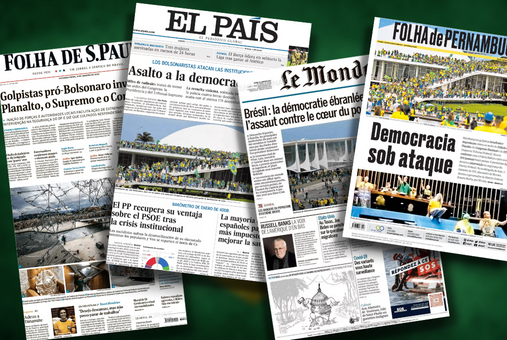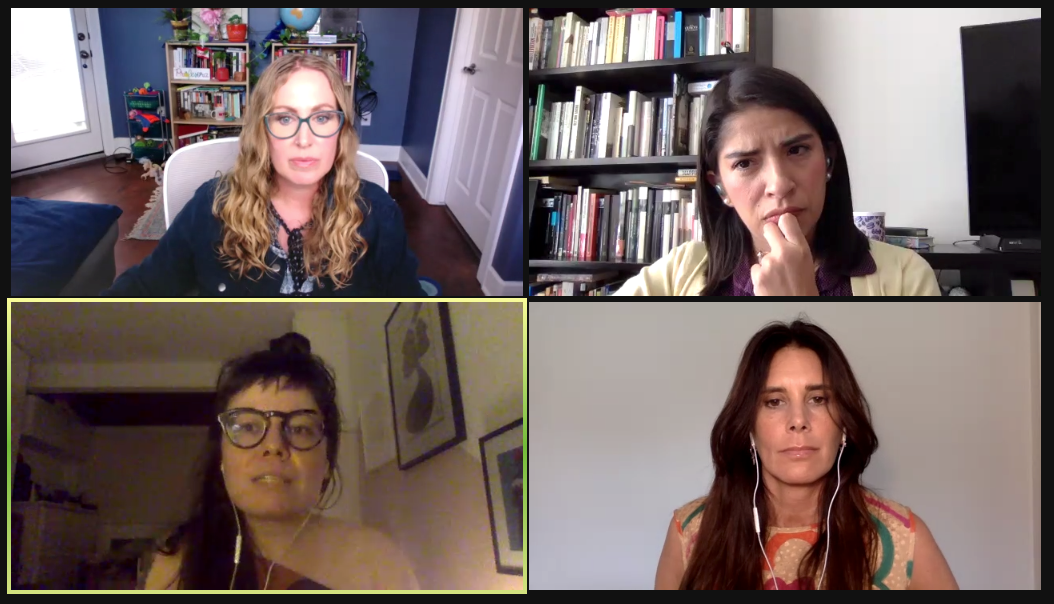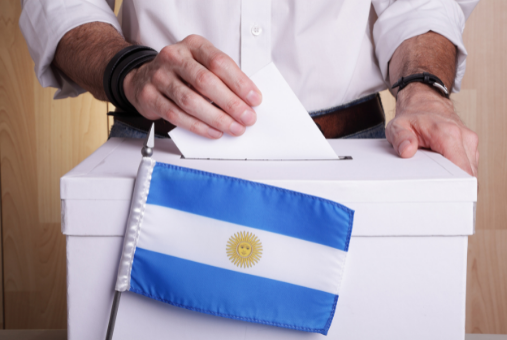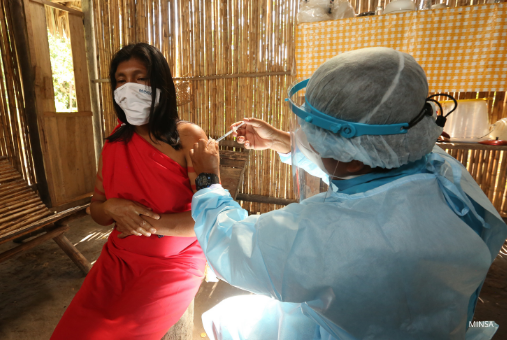
A new website launched by the Brazilian federal government with the official purpose of fighting disinformation through the use of language appropriate to fact-checking initiatives has prompted criticism from independent verification professionals and agencies, which see an undue appropriation of its format — which is, by principle, impartial and nonpartisan.

Venezuela has a favorable climate for disinformation and its government has taken advantage of the reach of social media to spread false information. A group of media and digital rights organizations have created the fact-checking network C-Informa to show how disinformation works in that country.

Turning to experts, not normalizing anti-democratic attitudes, and providing the public with the necessary context about lies and misinformation are some pieces of advice from experts on how to cover acts by extremist groups, such as those that happened on Jan. 8, when former president Bolsonaro's far-right supporters stormed three federal buildings in Brasilia.

The 'Disarming Disinformation' series of master classes was held on Nov. 17 and 18. Craig Silverman (Propublica), Patricia Campos Mello (Folha de S. Paulo), Claire Wardle (Brown University), and Giannina Segnini (Columbia University) made up the 'dream team' of instructors. LatAm Journalism Review (LJR) attended the classes and presents a summary of the most important points discussed.

Among other measures to curb the spread of fake news, the bill stipulates the remuneration of journalistic organizations by large technology platforms. Proposal divides Brazilian journalists.

80 independent fact-checking organizations around the world, including 11 from Latin America, published an open letter to the CEO of YouTube urging the platform to take effective action against disinformation and misinformation.

Betting on collaborative journalism, re-establishing a connection with the public, and incorporating the use of technology are among the effective measures presented by the panelists of “How journalism has reacted to waves of disinformation,” from the webinar “Journalism in Times of Polarization and Disinformation in Latin America."

Speed and reach are the cornerstones of the second iteration of Reverso — a collaboration of Argentinian media organizations fighting election misinformation organized by fact-checking organization Chequeado.

For years, a virus has been spreading on the Internet and it seems to be increasingly contagious: false information. It does not matter if the context is a presidential campaign, social crisis or catastrophe, disinformation aims to spread. Social media, messaging services, and the web in general are plagued with false news. Over the last […]

LatAm Journalism Review (LJR) spoke with six journalists from community radio stations in the Peruvian Amazon that have been working to combat disinformation surrounding the COVID-19 vaccines.